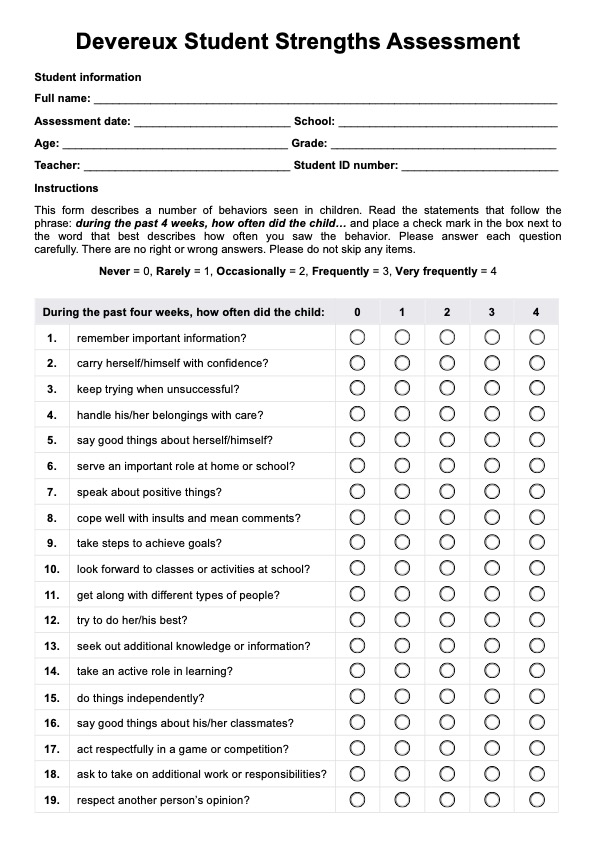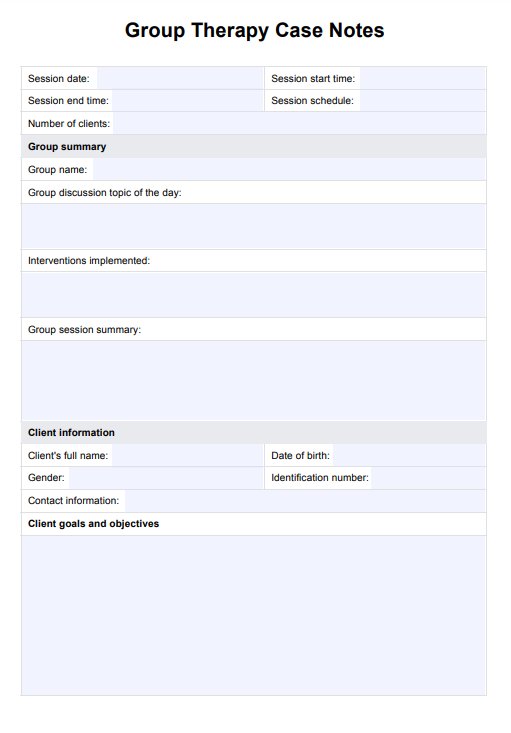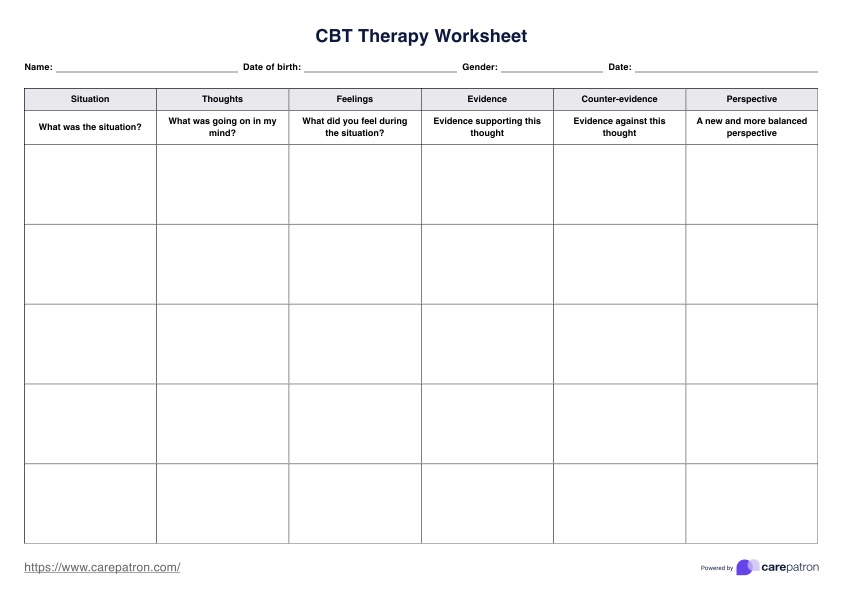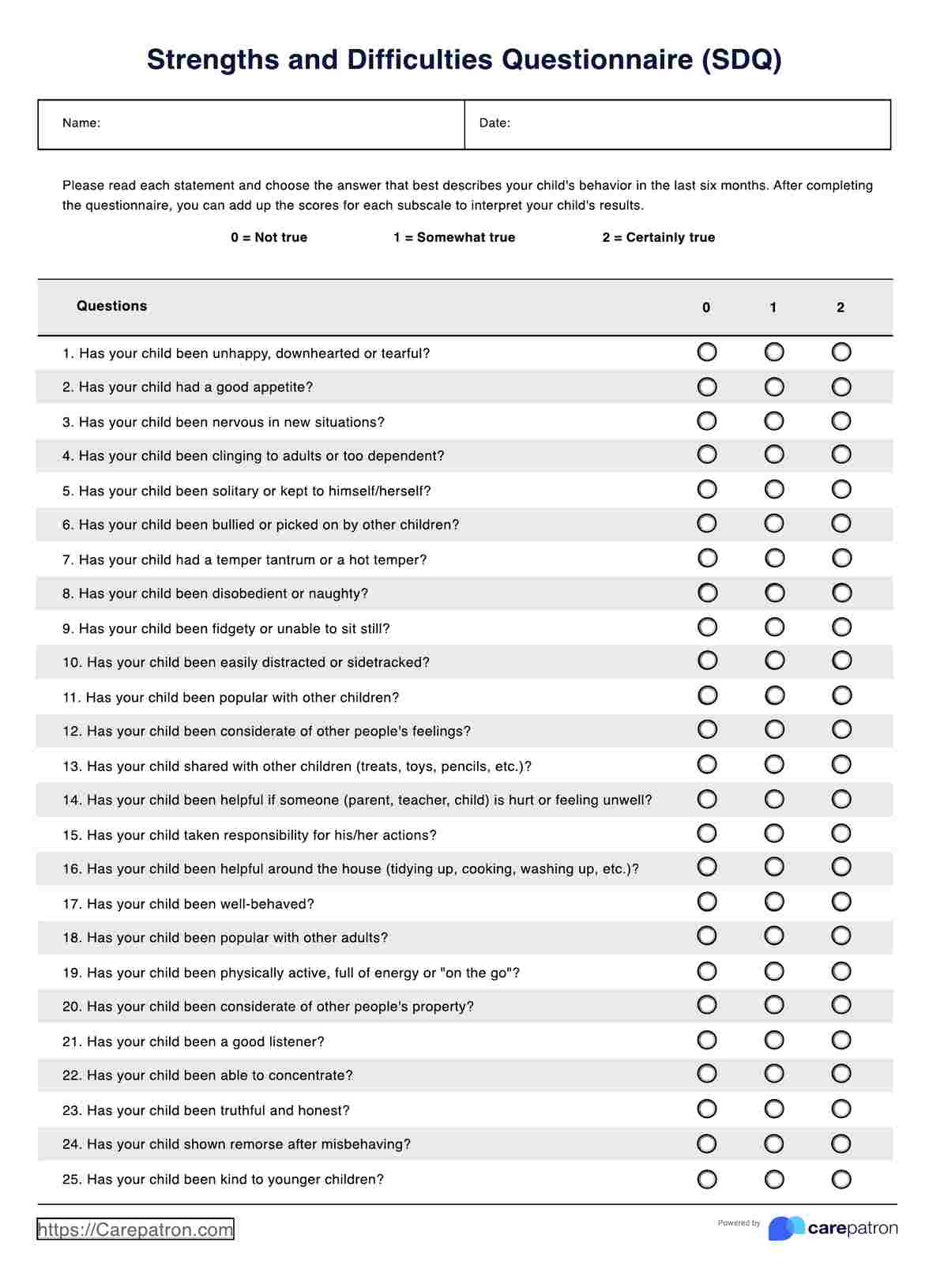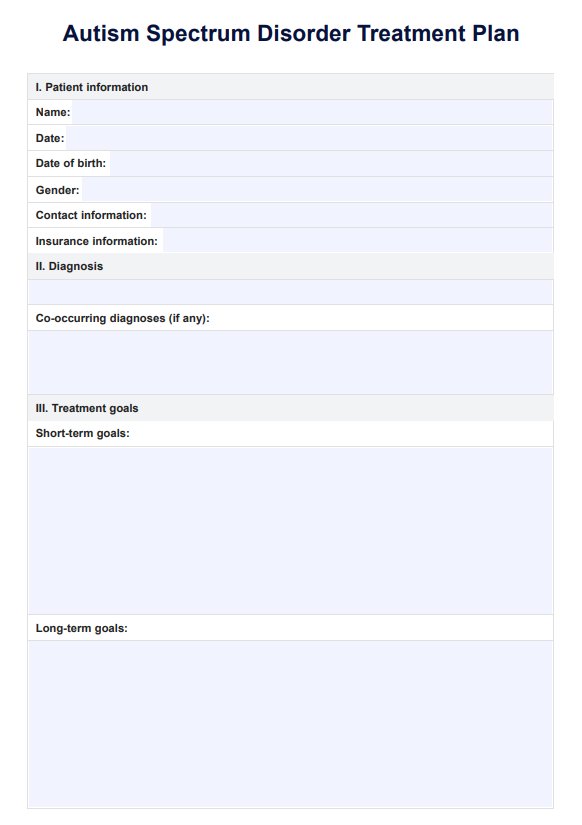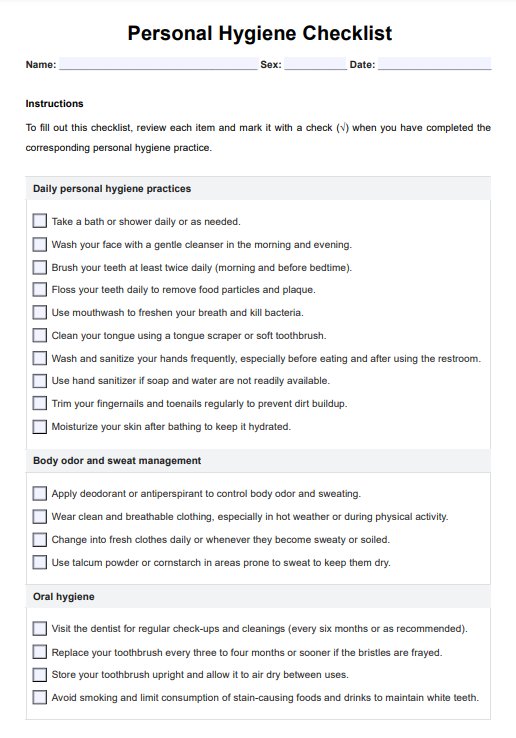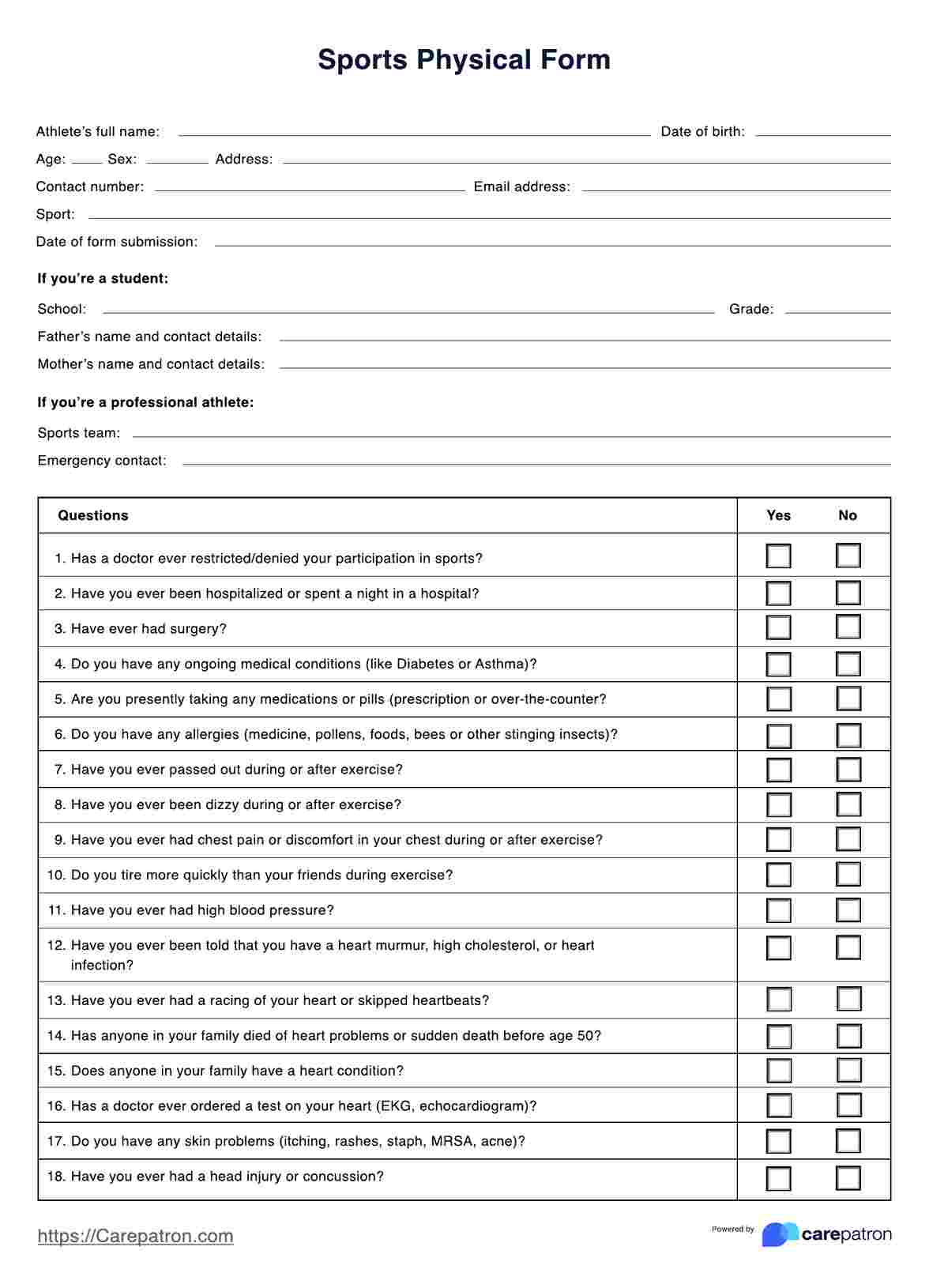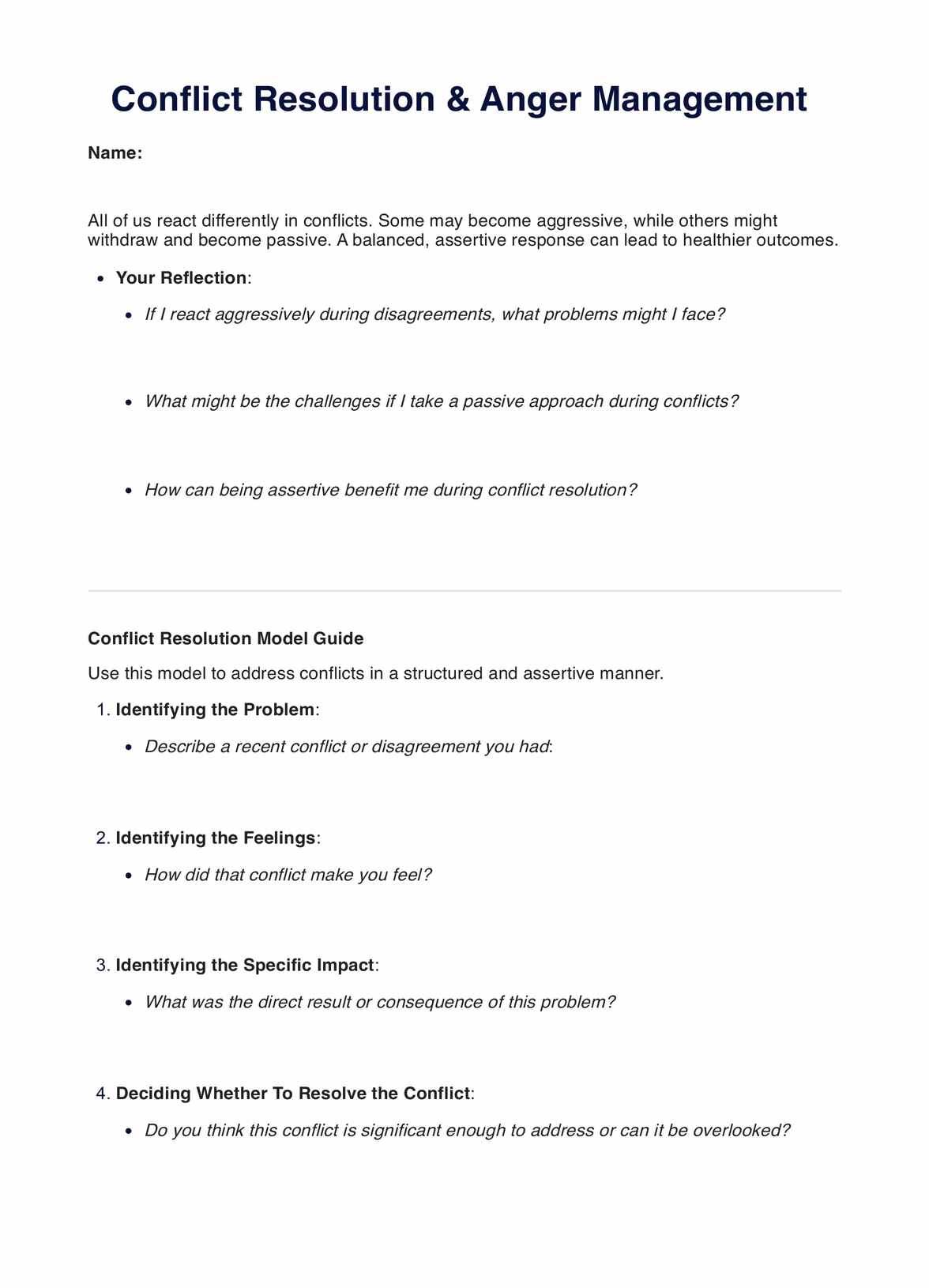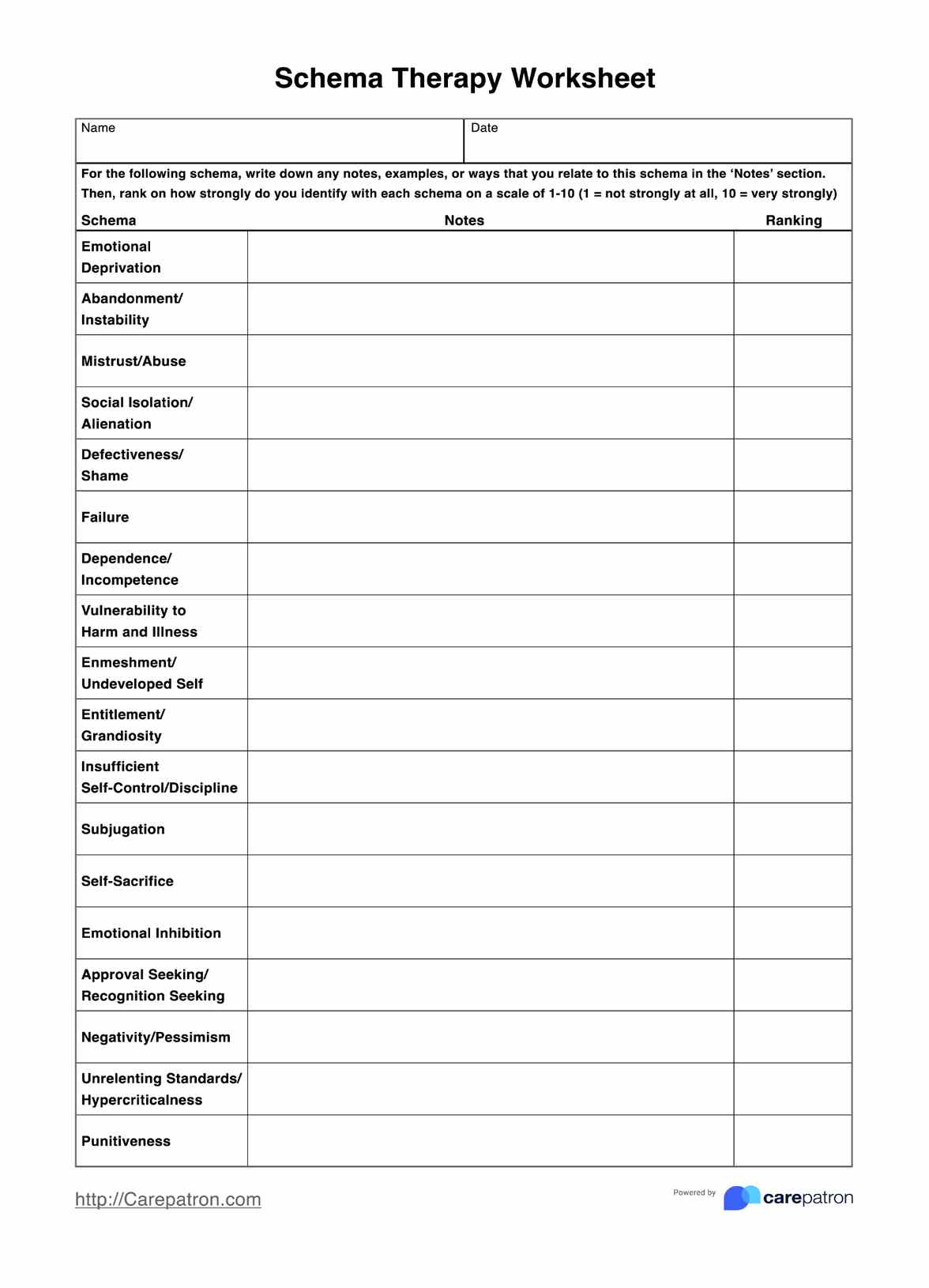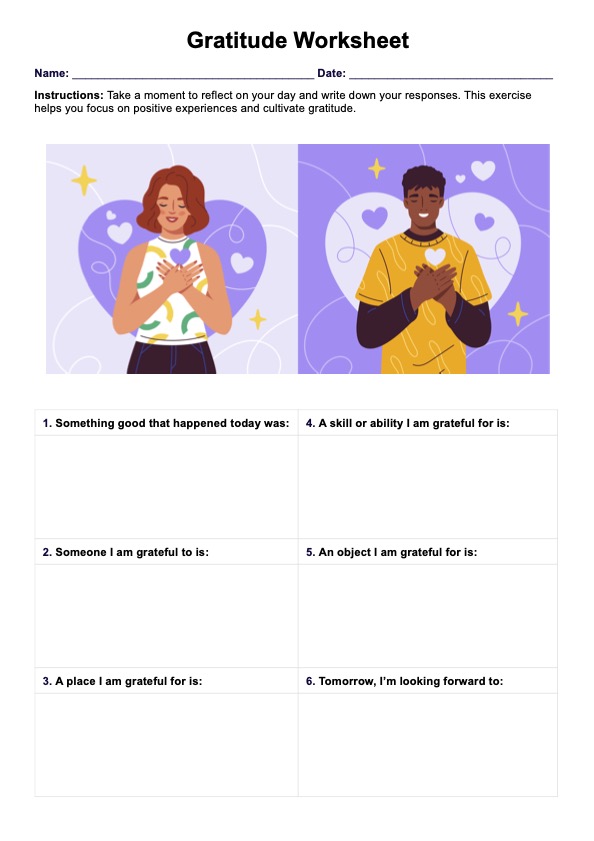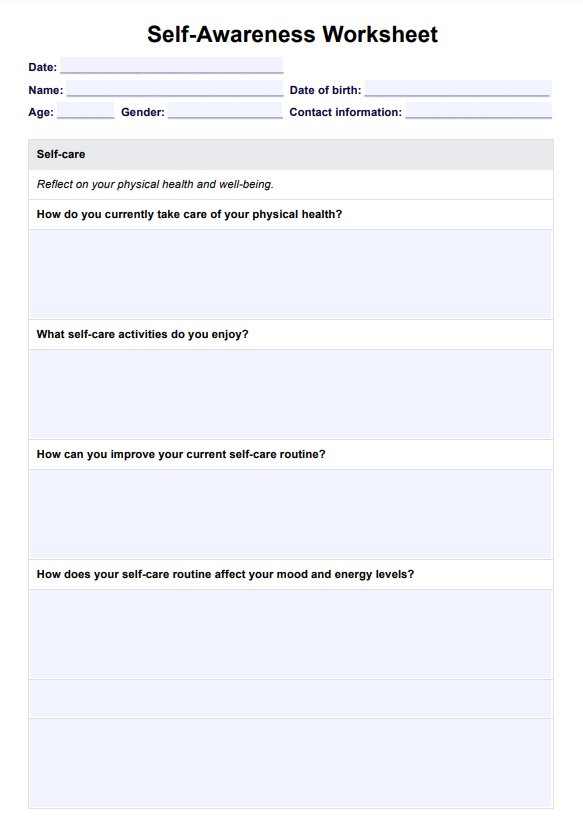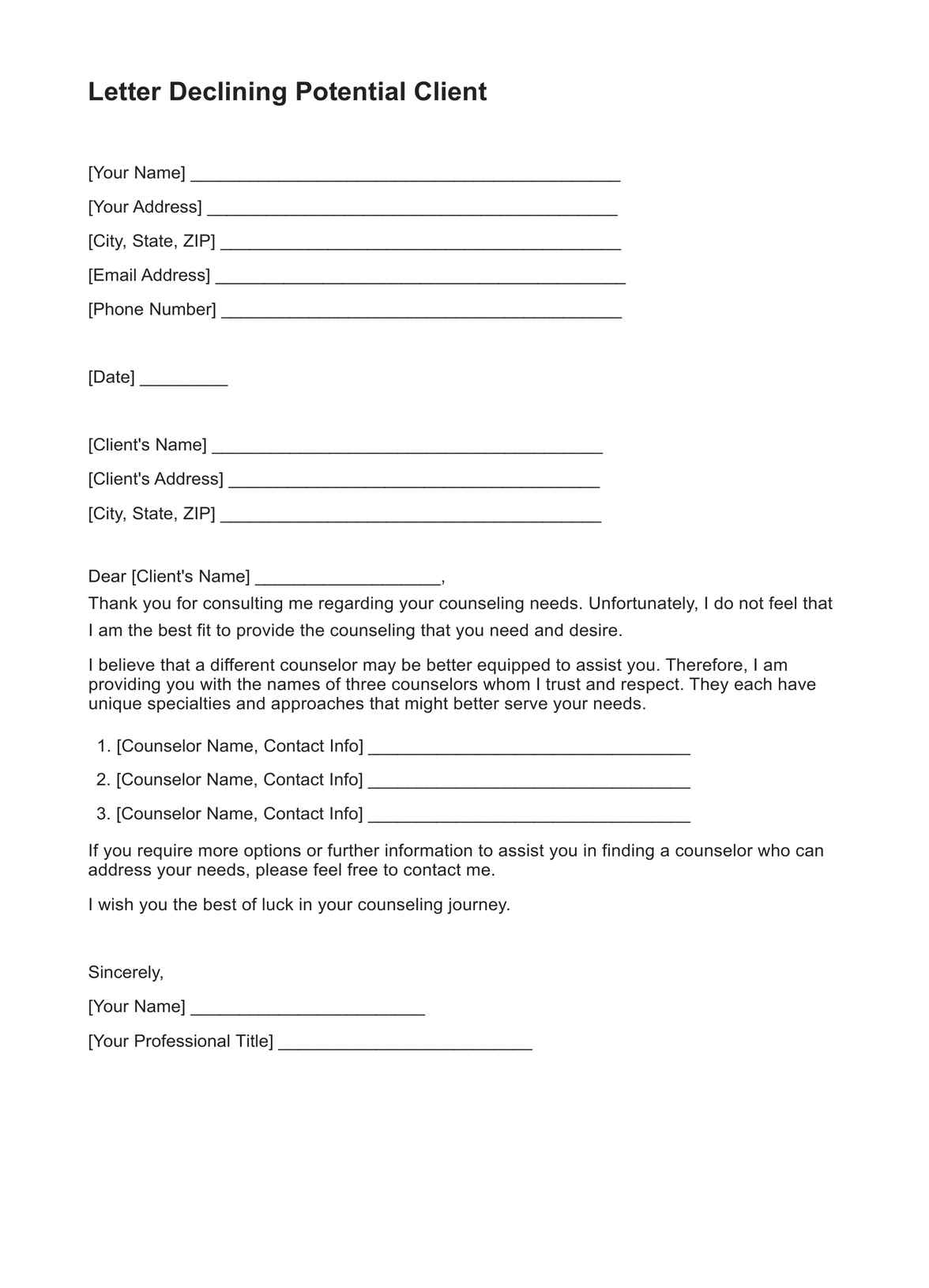Counselor Recommendation Letter
Download our Counselor Recommendation Letter template to easily craft strong, professional recommendations for students or clients. Start writing today!


What are Counselor Recommendation Letters?
Counselor recommendation letters play a pivotal role in shaping a student's academic journey and, subsequently, their future endeavors. Typically crafted by school counselors, these letters are crucial in college applications. The school counselor's role extends beyond academic guidance to encompass a holistic understanding of the student's potential and contributions to the school community.
In these letters of recommendation, school counselors delve into the student's academic achievements, participation in extracurricular activities, and their impact on the school community. By providing a comprehensive overview of a student's character, interests, and strengths, an effective letter of recommendation becomes a powerful tool in portraying the individual beyond grades and test scores.
School counselors, with their unique position, offer a personalized perspective that goes beyond a mere endorsement, aiming to showcase the essence of the student as a valuable member of the academic environment.
Counselor Recommendation Letter Template
Counselor Recommendation Letter Example
How to use this recommendation letter template
You don't have to spend countless hours thinking of what to include in your recommendation letter. Here's how to use our template:
Step 1: Access the template
Click the "Use template" button to access it on the Carepatron platform, where you can customize it or fill it out. You can also download the Counselor Recommendation Letter template by clicking "Download" on this page. Then, you can open it within your preferred PDF reader.
Step 2: Understand the purpose of the letter and the target audience
Before using the template, understand that recommendation letters provide a holistic view of the student, highlighting character, contributions, and achievements beyond academics. Whether for college, internships, scholarships, or volunteer programs, tailor the language to align with the values of the specific opportunity, such as leadership for a student council role or teamwork for a community project.
Step 3: Personalize the template to highlight unique qualities
Tailor the template to emphasize the specific qualities and achievements of the student you're recommending. Use the template as a foundation, inserting details that make the recommendation uniquely reflective of the individual's journey within the school and community.
Step 4: Showcase academic and extracurricular engagement
Highlight the student's performance in challenging courses and their active participation in extracurricular activities. Illustrate how these experiences have shaped the student's intellectual growth, work ethic, and contributions to the student body.
Step 5: Emphasize leadership and community impact
Draw attention to instances where the student has taken on leadership roles or positively impacted the school community. Discuss their ability to collaborate effectively, contribute meaningfully, and demonstrate qualities that extend beyond the classroom.
Step 6: Address challenges with resilience (if applicable)
Even a diligent student will have faced and overcome challenges. Use the template to address these experiences delicately. Discuss their resilience, determination, and how these challenges have contributed to their personal and academic growth.
Benefits of using our recommendation letter template
Here are the key advantages of using a template for a counselor letter of recommendation:
Efficiency and time-saving
Utilizing our recommendation letter template streamlines the writing process, saving time for both counselors and teachers. The template provides a structured format, reducing the need to start from scratch. This efficiency is especially valuable when counselors write numerous letters to students attending the same college or campus.
Consistency across applications
The template ensures a consistent and coherent narrative across multiple recommendation letters. Admissions officers appreciate a standardized format, making comparing and evaluating candidates easier. This consistency enhances the overall professionalism and impact of Counselor Recommendation Letters.
Incorporation of key components
The template includes key components recommended for a Counselor Recommendation Letter, ensuring that crucial aspects such as academic achievements, extracurricular involvement, and personal growth are adequately addressed. This helps counselors cover all necessary elements without inadvertently omitting important information.
Guidance for less experienced writers
The template serves as a valuable guide for counselors or teachers who may be less experienced in writing recommendation letters. It provides a framework and language that can be adapted, offering support for those who may be less familiar with crafting compelling Counselor Recommendation Letters. This guidance contributes to more effective and impactful writing.
Commonly asked questions
While avoiding direct comparisons to peers in a counselor recommendation is generally advisable, contextualizing a student's achievements within the broader academic environment can be beneficial. Instead of explicitly ranking or comparing, focus on the individual's unique strengths, growth, and contributions to maintain a positive and constructive tone.
A counselor letter can highlight a student's leadership skills by referencing their role in the student council or other leadership positions. This gives admissions committees at selective colleges insight into the student’s ability to manage responsibilities, inspire peers, and demonstrate initiative, which are key qualities in the admissions process.
Yes. For a student, an independent educational consultant or college counselor can help craft a well-rounded counselor letter that emphasizes their academic rigor in challenging classes and highlights the student's personality. This approach ensures the letter provides a comprehensive view of the student’s readiness for an undergraduate program and ability to succeed in a competitive environment.



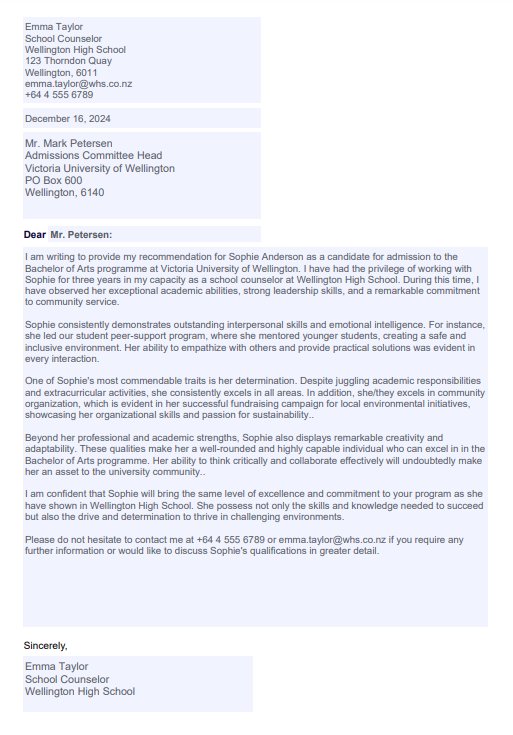
















-template.jpg)
























